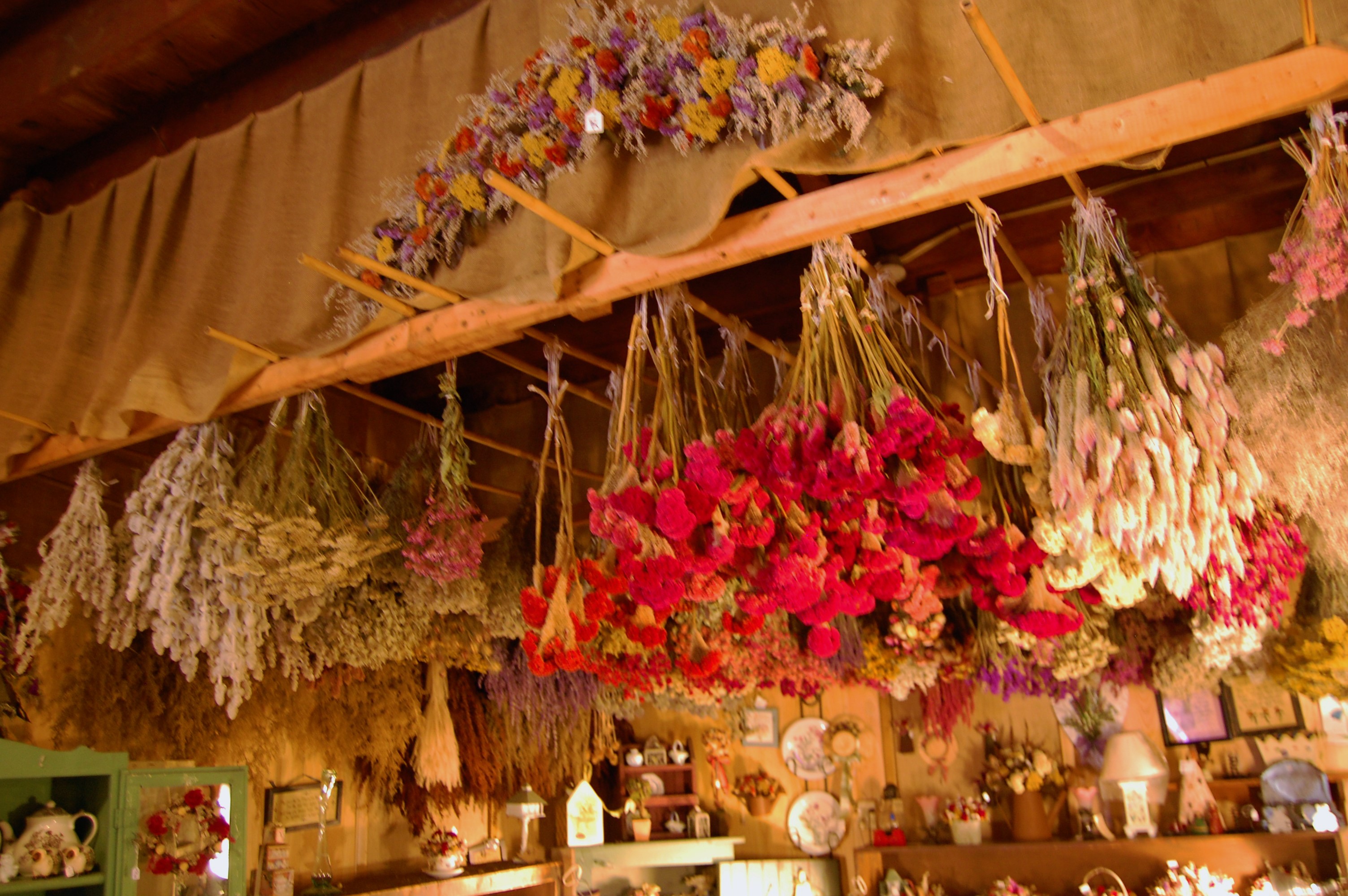Rosemary & Thyme: Growing, Harvesting, And Preserving Your Herbs

Table of Contents
Growing Rosemary & Thyme
Successfully growing rosemary and thyme begins with choosing the right location. Both herbs thrive in full sun, requiring at least six hours of direct sunlight daily. Well-draining soil is essential; these Mediterranean natives are susceptible to root rot in soggy conditions. Spring or fall are ideal planting times, allowing the herbs to establish themselves before harsh weather.
Choosing the Right Location:
- Ideal Soil pH: Aim for a slightly alkaline to neutral pH (6.0-7.5) for optimal growth.
- Soil Amendments: Improve drainage by incorporating coarse sand or perlite into heavy clay soils. Amend sandy soils with compost to increase water retention.
- Container vs. In-Ground: Rosemary and thyme adapt well to both container and in-ground planting. Containers offer greater control over soil conditions, particularly beneficial in areas with poor drainage. Choose pots with drainage holes.
- Pest and Disease Management: Rosemary is susceptible to the rosemary beetle, while thyme can be affected by fungal diseases in overly moist conditions. Regular inspection and prompt action (removing affected parts, using insecticidal soap) are key.
Harvesting Rosemary & Thyme
Timing is crucial for harvesting rosemary and thyme. Harvesting before flowering generally results in the most potent flavor and highest oil content. However, you can also harvest continuously throughout the growing season, taking only what you need. This encourages bushier growth.
Timing is Key:
- Harvesting Methods: For rosemary, pruning techniques are ideal, shaping the plant while harvesting stems. For thyme, you can either cut stems or strip leaves individually.
- Tools: Use sharp pruning shears or scissors for clean cuts, preventing damage to the plant.
- Harvest Readiness: Herbs are ready for harvest when they are robust and fragrant. Look for healthy, fully developed leaves and stems.
- Fresh vs. Dried: Fresh herbs offer the most vibrant flavor, while drying concentrates the aroma and allows for longer storage.
Preserving Rosemary & Thyme
Preserving your harvested rosemary and thyme ensures you can enjoy their flavor year-round. Drying and freezing are popular methods, each offering advantages and considerations. Infusing oils and vinegars adds another delicious dimension.
Drying Herbs:
- Air Drying: Create small bundles of rosemary and thyme, hang them upside down in a cool, dark, and well-ventilated area for 1-2 weeks, or until completely dry and brittle. Alternatively, spread herbs thinly on a drying rack.
- Oven Drying: Spread herbs thinly on a baking sheet and dry in a low oven (170°F/77°C) for 1-2 hours, checking frequently to prevent burning.
- Storage: Store dried herbs in airtight containers in a cool, dark, and dry place.
Freezing Herbs:
- Freezing Methods: You can freeze whole sprigs or chopped herbs. Blanching (briefly boiling) herbs before freezing helps maintain color and flavor.
- Preventing Freezer Burn: Use airtight freezer bags or containers, removing as much air as possible.
- Using Frozen Herbs: Add frozen herbs directly to soups, stews, or sauces.
Infusing Oil & Vinegar:
- Infusion Process: Combine fresh herbs with olive oil or vinegar in a clean jar. Store in a cool, dark place for several weeks, shaking occasionally.
- Storage: Once infused, store the oil or vinegar in a cool, dark place. Refrigerate after opening.
- Culinary Uses: Infused oils are perfect for drizzling over roasted vegetables or salads, while infused vinegars add zing to dressings and marinades.
Conclusion
Growing, harvesting, and preserving your own rosemary and thyme offers a deeply rewarding experience. From the satisfaction of nurturing these fragrant plants to the joy of using their fresh or preserved flavors in your culinary creations, homegrown herbs provide unparalleled freshness and quality. Mastering these techniques ensures you enjoy the benefits of these versatile herbs year-round. Grow your own rosemary and thyme today! Start preserving your homegrown herbs now! Learn more about growing and harvesting these fragrant herbs and master the art of rosemary and thyme cultivation!

Featured Posts
-
 Battling Bad Luck Thompsons Monte Carlo Experience
May 31, 2025
Battling Bad Luck Thompsons Monte Carlo Experience
May 31, 2025 -
 Spains Energy Crisis Deepens Blackout Sparks Iberdrola Grid Dispute
May 31, 2025
Spains Energy Crisis Deepens Blackout Sparks Iberdrola Grid Dispute
May 31, 2025 -
 Sanofi Et Ses Rejets Toxiques Analyse D Un Conflit Environnemental
May 31, 2025
Sanofi Et Ses Rejets Toxiques Analyse D Un Conflit Environnemental
May 31, 2025 -
 Muslim Mans Death In France Far Left Seizes On Tragedy To Highlight Islamophobia
May 31, 2025
Muslim Mans Death In France Far Left Seizes On Tragedy To Highlight Islamophobia
May 31, 2025 -
 Millions In Losses Inside The Office365 Executive Inbox Breaches
May 31, 2025
Millions In Losses Inside The Office365 Executive Inbox Breaches
May 31, 2025
